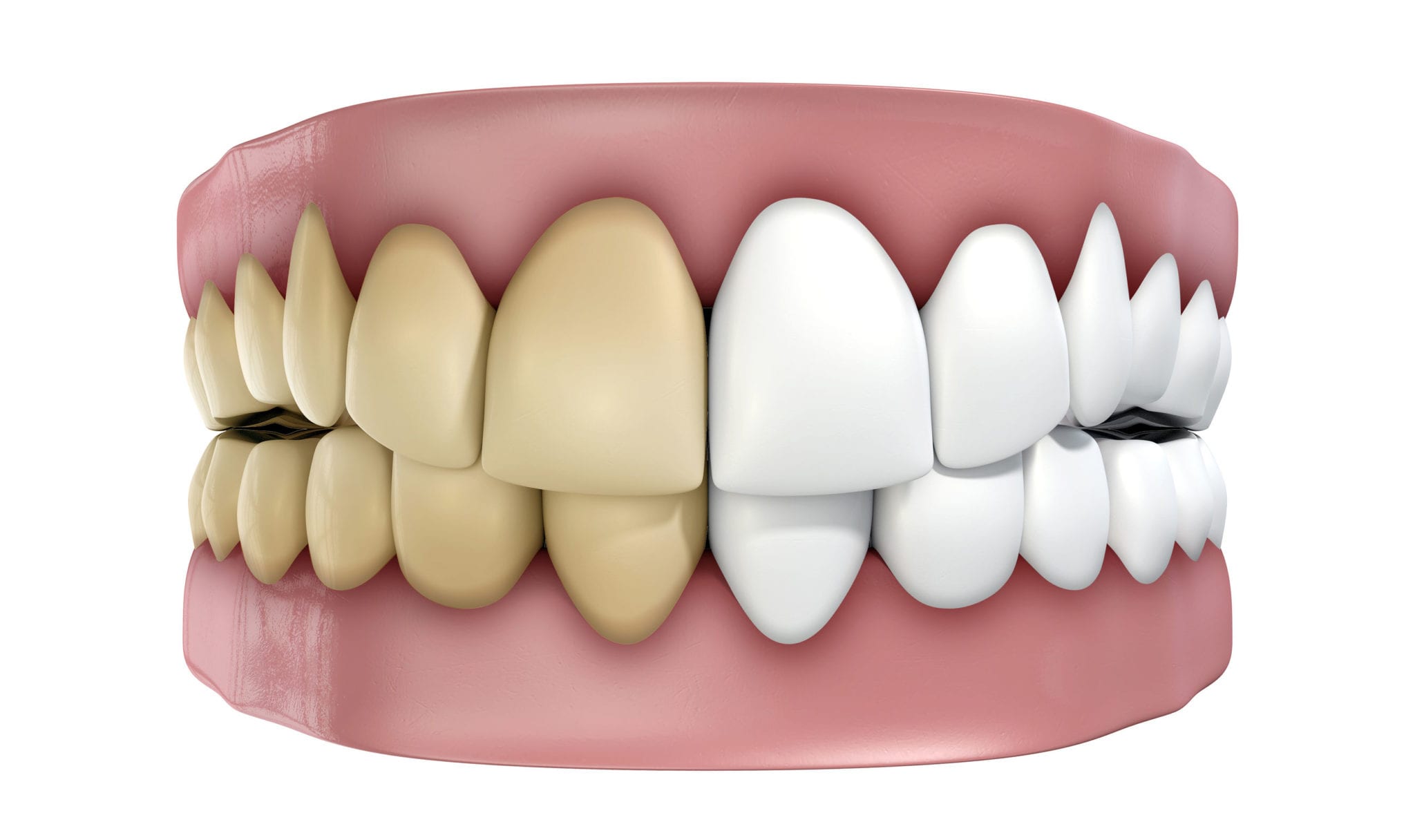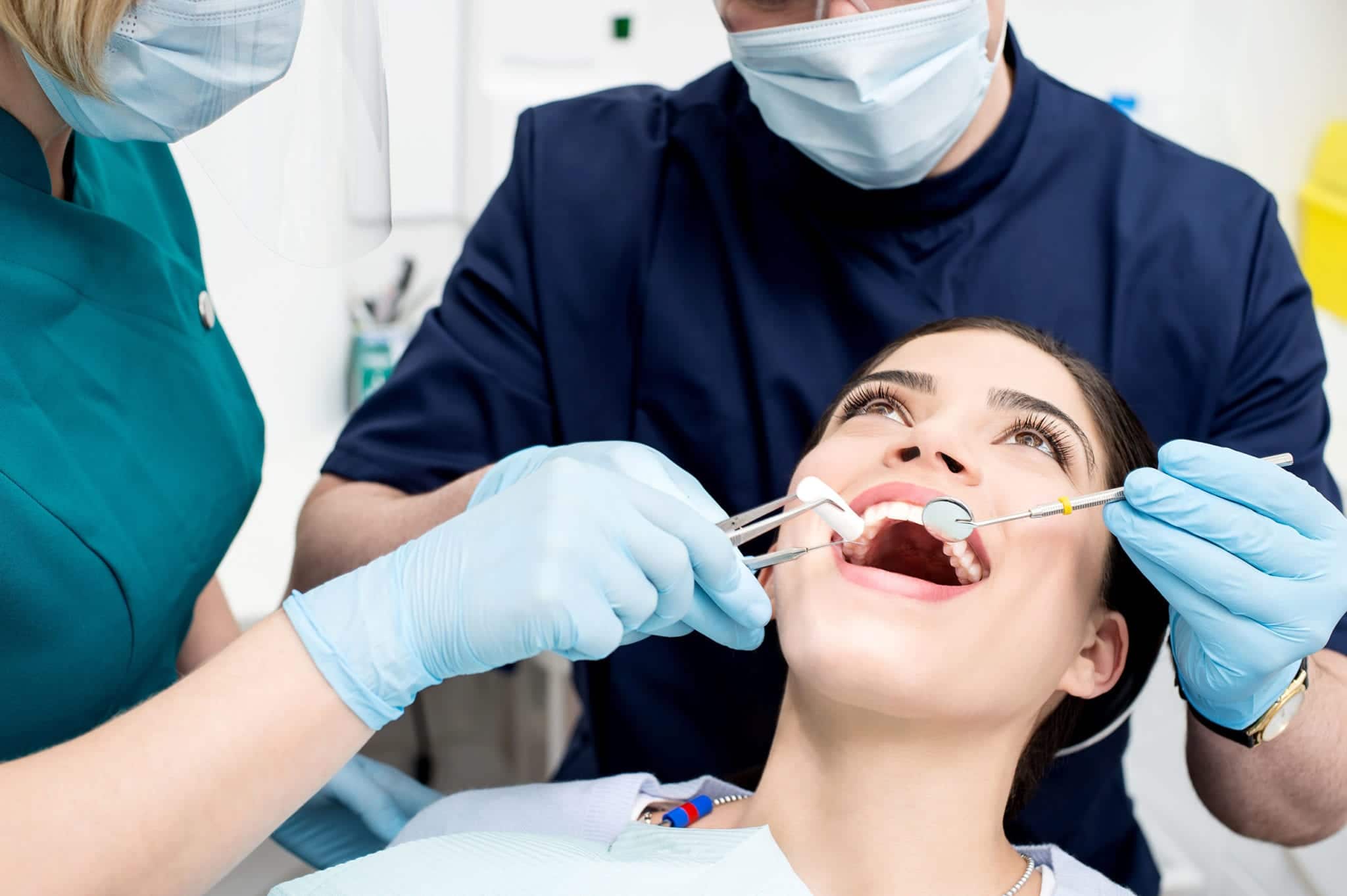
Did you know that brushing your teeth without toothpaste or water can be a healthy habit? It’s true!
In this post, we’ll detail the benefits of dry brushing.
What Is Dry Brushing?
Simply put, dry brushing is using a manual toothbrush to brush your teeth with no water or toothpaste. After dry brushing, you follow up with water and toothpaste to finish the job.
Studies show that people brush longer if they start with dry brushes. The longer you brush, the more plaque you remove from your teeth. This helps prevent tooth decay and gum loss, which protects your oral health.
How Do You Practice Dry Brushing?
Dry toothbrush bristles are stiffer than wet bristles, so they do a better job of removing plaque from teeth. When you finish dry brushing, your teeth should feel just as clean as they do after a cleaning at your dentist’s office.
To effectively practice dry brushing, hold your brush on your gumline at a 45-degree angle. Use small, circular motions as you sweep the bristles across your teeth.
Gently brush both your gums and your teeth. Make sure to cover all surfaces, including inside the bottom teeth and top teeth.
Don’t rush the process. Spend anywhere between two to 20 minutes dry brushing for the most benefits. You don’t need to stay in the bathroom, either. You can dry brush while watching television or reading. The main thing is to stay focused on your technique and brush every tooth surface.
The Benefits of Dry Brushing
Dry brushing has several key benefits as compared to using water and toothpaste while you brush.
Convenience
If you want to brush more often to improve your oral health, dry brushing is easy and convenient. You can pack a manual toothbrush in your purse or briefcase and dry brush after you eat lunch. Just one additional brushing per day, in addition to brushing in the morning and evening, can make the difference between good oral health and great oral health.
Make sure to rinse your brush at least once per day. Rinsing your brush will prevent a buildup of bacteria, which can make you sick. It’s also important to let your brush dry completely between uses, preferably upright and with no covering.

Minimizes Stains
People who love tea, coffee, red wine, berries, and tomato sauce often have yellow teeth due to the staining power of those foods and drinks. Use the dry brushing technique about 30 minutes after consuming these foods and drinks, and you could minimize the stains on your teeth. Another tip: swish with water while eating or drinking these foods to dilute their staining ability.
Strengthens Gums
Do your gums need a workout? They might if they bleed when you brush. By gently dry brushing your gums on a regular basis, you can strengthen the tissues and reduce inflammation. Strong gums do a better job of protecting teeth too.
Great for Toothpaste Haters
Do you dislike toothpaste? Does its foam or flavor bother you? Good news; using dry brushing is just as healthy for you as using toothpaste. Toothpaste mainly helps polish your teeth by removing the film from food and drinks that builds up on your teeth during the day.
Good for Disabled People
If you are not able to stand up at a sink and brush your teeth in the traditional way, you can dry brush from a chair or bed with no problems. You will need to rinse out your toothbrush, but you will reap the oral health benefits even if you can’t stand up while brushing.
Easy for Travelers
Forgot your toothpaste while traveling? No problem. Your plain, dry toothbrush will stand in just fine. Simply rinse the toothbrush when you are finished, and you won’t need to stop by a convenience store for toothpaste while you are traveling.
Don’t Forget Your Regular Oral Health Routine!

Whether you dry brush, use toothpaste and water to brush, or a combination of the two, it’s important to have regular dental cleanings to keep teeth and gums healthy and strong. Your dentist will clean your teeth better than any brush can do, getting below the gumline where problems can develop. It’s best to get at least two dental cleanings per year, in addition to twice daily brushing and flossing.
If it’s been a while since you last had a dental cleaning, contact your dentist today. He or she may be able to recommend certain angles for dry brushing to improve your health benefits.






